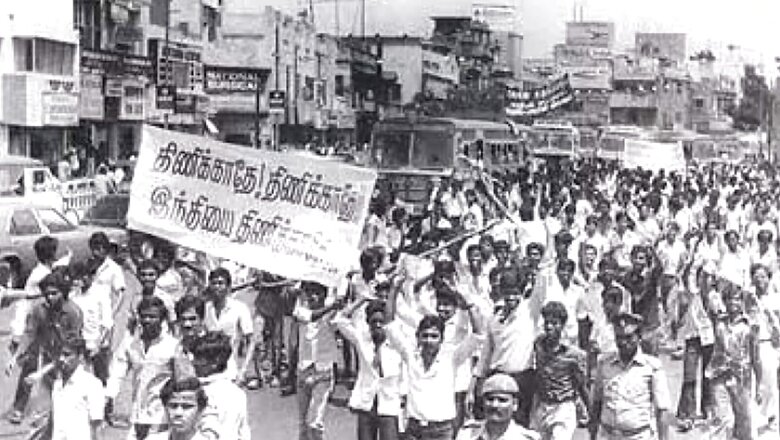
views
Tamil Nadu Chief Minister MK Stalin is likely to move a resolution in the state Assembly on Wednesday against the Centre’s alleged attempts to “impose Hindi on non-Hindi speaking states” after a parliamentary panel recommended that Hindi be made the medium of instruction in central institutes.
The recommendation by the panel, headed by Union Home Minister Amit Shah, has reignited the language row in southern states, with Tamil Nadu and Kerala also writing to Prime Minister Narendra Modi, advocating against implementing any such recommendation. The controversy is politically significant coming two years before Lok Sabha elections 2024.
News18 delves into the origin of Tamil Nadu’s opposition to Hindi since the 1930s and who stands where in the latest round of language wars.
Tamil Nadu’s Brushes With Hindi
1937: The anti-Hindi sentiment and agitation in Tamil Nadu traces its roots back to the pre-Independence era. In the late 1930s, what was then Madras Presidency witnessed protests when the C Rajagopalachari-led Congress government in the state sought to introduce Hindi as a subject in schools.
The move was opposed by EV Ramasamy and the Justice Party, and the agitation went on for three years. Two protesters lost their lives and more than 1,000 people were arrested.
Within the government there were two views — one in support of teaching Hindi and the other making the subject optional.
However, in 1939, the Congress government resigned, protesting against Britain’s decision to make India a party to the Second World War against Germany. The next year, the British government withdrew the Hindi teaching order.
1946-1950: The second phase of the anti-Hindi agitation came during 1946-1950 whenever the government tried to bring back Hindi in schools. In a compromise, the government decided to make Hindi an optional subject and the protests abated.
1953: Later in 1953, the DMK protested the renaming of Kallukudi as Dalmiapuram (after industrialist Ramkrishna Dalmia) on the grounds that it signified the “exploitation of South by the North”.
1959: Then prime minister Jawaharlal Nehru assures Parliament that non-Hindi speaking states could decide for how long English would be the official language and that both Hindi and English would continue to be the administrative language of the country.
1963: In 1963, protesting against the passage of the Official Languages Act, the DMK led by Annadurai launched a protest. A DMK member, Chinnasamy, immolated himself in Trichy district.
People were apprehensive about the knowledge of Hindi being the major criteria for central government jobs, mobilising students in large numbers against Hindi. Aggravating the fears, then Congress CM M Bhaktavachalam brought in the three-language formula — English, Tamil and Hindi.
1965: Major anti-Hindi protests erupted again in Tamil Nadu in 1965 against Hindi becoming the sole official language. CN Annadurai declared that January 25, 1965 would be observed as ‘mourning day’.
In Madurai, clashes erupted between protesting students and Congress cadre, resulting in riot and arson spreading throughout the state. Railway compartments and Hindi boards were burnt and public property was looted. The Congress government treated the protest as a law and order problem and tried to quell it by police force, which in turn fuelled the protests. As per the state government figures, around 70 people were killed.
The agitation also had ripple effects in the central government headed by Prime Minister Lal Bahadur Shastri as two ministers — C Subramaniam and OV Alagesan — resigned from their posts.
While Shastri accepted the resignations and forwarded them to then President S Radhakrishnan, the latter refused to accept them. The President also advised Shastri not to precipitate the issue further. Later, Shastri reiterated Jawaharlal Nehru’s assurance of continuing with English in inter-state communication and the civil services exams.
1967: Prime Minister Indira Gandhi gave further protection to Nehru’s 1959 assurances by way of amendments to the Official Language Act, 1967.
The agitation, spearheaded by the DMK and the students, was one of the major reasons the Dravidian party came to power in the state in 1967, displacing the Congress.
Congress stalwart and former chief minister K Kamaraj was defeated in Virudhunagar constituency by a DMK student leader. The election ended Congress rule in Tamil Nadu till date.
The 2022 Trigger
It came to light on October 9 that a parliamentary committee has recommended that the medium of instruction in technical and non-technical higher education institutes like the IITs in Hindi-speaking states should be Hindi and in other parts of India their respective local language. It also recommended that Hindi should be one of the official languages of the United Nations.
In its 11th report presented to President Droupadi Murmu in September, the Committee of Parliament on Official Language, headed by Amit Shah, recommended that local languages should be given preference over English in all states.
The committee suggested that in all technical and non-technical institutions in the country, Hindi or local language should be used as the medium of instruction and the use of English should be made optional.
News agency PTI quoted BJD leader Bhartruhari Mahtab, who is the deputy chairman of the committee, as saying that the recommendations were framed as per the new National Education Policy.
Are the Recommendations Binding?
The committee was set up in 1976 under the Official Language Act, 1963. It comprises 30 members of Parliament — 20 from Lok Sabha and 10 from Rajya Sabha. It reviews the progress made in the use of Hindi for official purposes and submits a report to the President making recommendations.
The committee usually submits one report in five years, but this time, within three years, it submitted two reports. It is the discretion of the President whether to accept a report or not.
Category A, B and C
States and Union Territories across India are divided into three groups on the basis of progressive usage of Hindi.
- Category A: Uttar Pradesh, Bihar, Madhya Pradesh, Chhattisgarh, Uttarakhand, Jharkhand, Haryana, Himachal Pradesh, Rajasthan, Delhi and Andaman & Nicobar Islands are in category ‘A’
- Category B: Gujarat, Maharashtra, Punjab, and the Union Territories of Chandigarh, Daman & Diu and Dadra & Nagar Haveli are in category ‘B’
- Category C: The rest of India — Jammu & Kashmir, Northeast and the southern states — is categorised as ‘C’
The Committee of Parliament on Official Language has suggested that Hindi should be given a respectable place in ‘A’ category states and should be used 100%. The medium of instruction in IITs, central universities and Kendriya Vidyalayas in Hindi-speaking states should be Hindi and in other parts of India their respective local language, the panel recommended.
The panel’s deputy chairman Mahtab said last month that in higher education institutions such as Banaras Hindu University, Delhi University, Jamia Millia Islamia, Aligarh Muslim University, Hindi is being used only 20-30%, whereas it should be used 100%.
Stalin’s Opposition
Tamil Nadu Chief Minister MK Stalin and his Kerala counterpart Pinarayi Vijayan have staunchly opposed the panel’s recommendation, both writing to PM Narendra Modi.
Stalin, who is also the president of the ruling DMK in Tamil Nadu, has taken particular exception to one purported recommendation that “youth would be eligible for certain jobs only if they had studied Hindi, and removal of English (is proposed) as one of the compulsory papers in recruitment exams.”
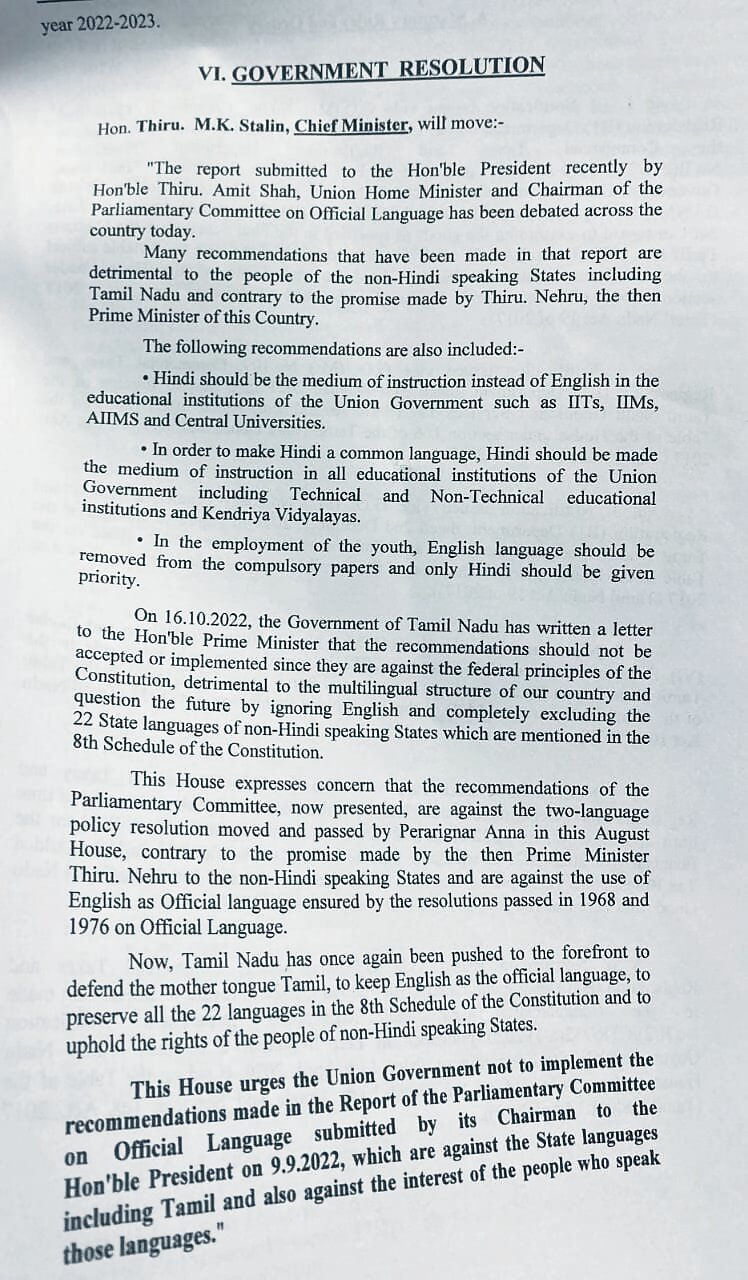
Such proposals go against the federal principles of Constitution and would only harm the nation’s multi-lingual fabric, Stalin wrote to the PM.
On October 10, Stalin, in a statement, appealed to the Centre to give up attempts to “make Hindi mandatory” and uphold the nation’s unity. “Do not force another language war by imposing Hindi,” the DMK chief had said.
Stalin has demanded that all languages should be accorded the status of official language of the Union government. There are 22 languages, including Tamil, in the Eighth Schedule of the Constitution. All such languages have equal rights and there are several demands that some more languages should also be included under the schedule.
The DMK leader also recalled Tamil Nadu’s consistent opposition to Hindi “imposition”, the massive agitations in 1965 in the state and then PM Jawaharlal Nehru’s assurance in 1959 that English would continue to be one of the official languages as long as the non-Hindi speaking people wanted.
“Subsequently, the resolutions passed in 1968 and 1976 on official language, and according to the rules laid down thereunder, ensured the use of both English and Hindi in union government services. This position must continue to remain as the corner stone of all discussions on official language.”
With IANS and PTI inputs
Read all the Latest Explainers News and Breaking News here












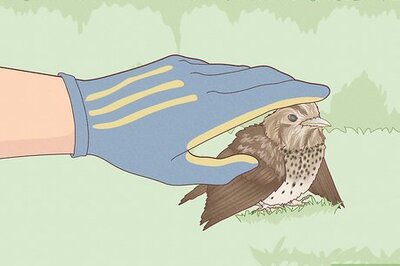

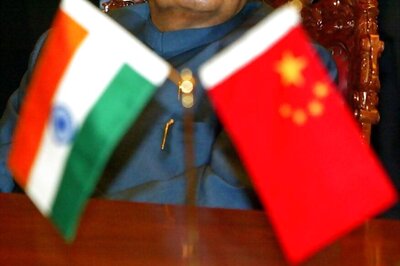
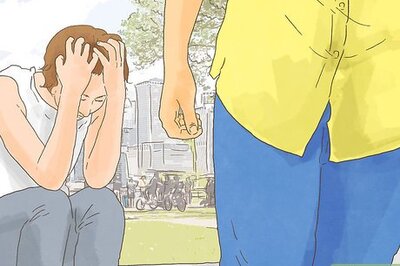

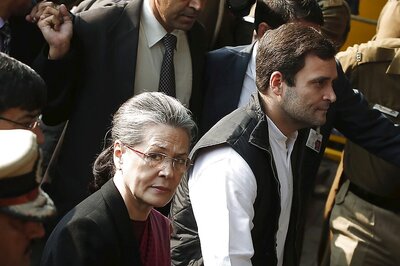
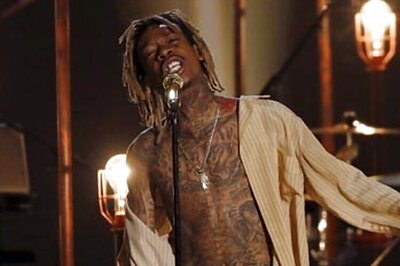
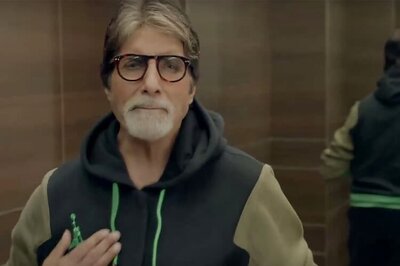
Comments
0 comment